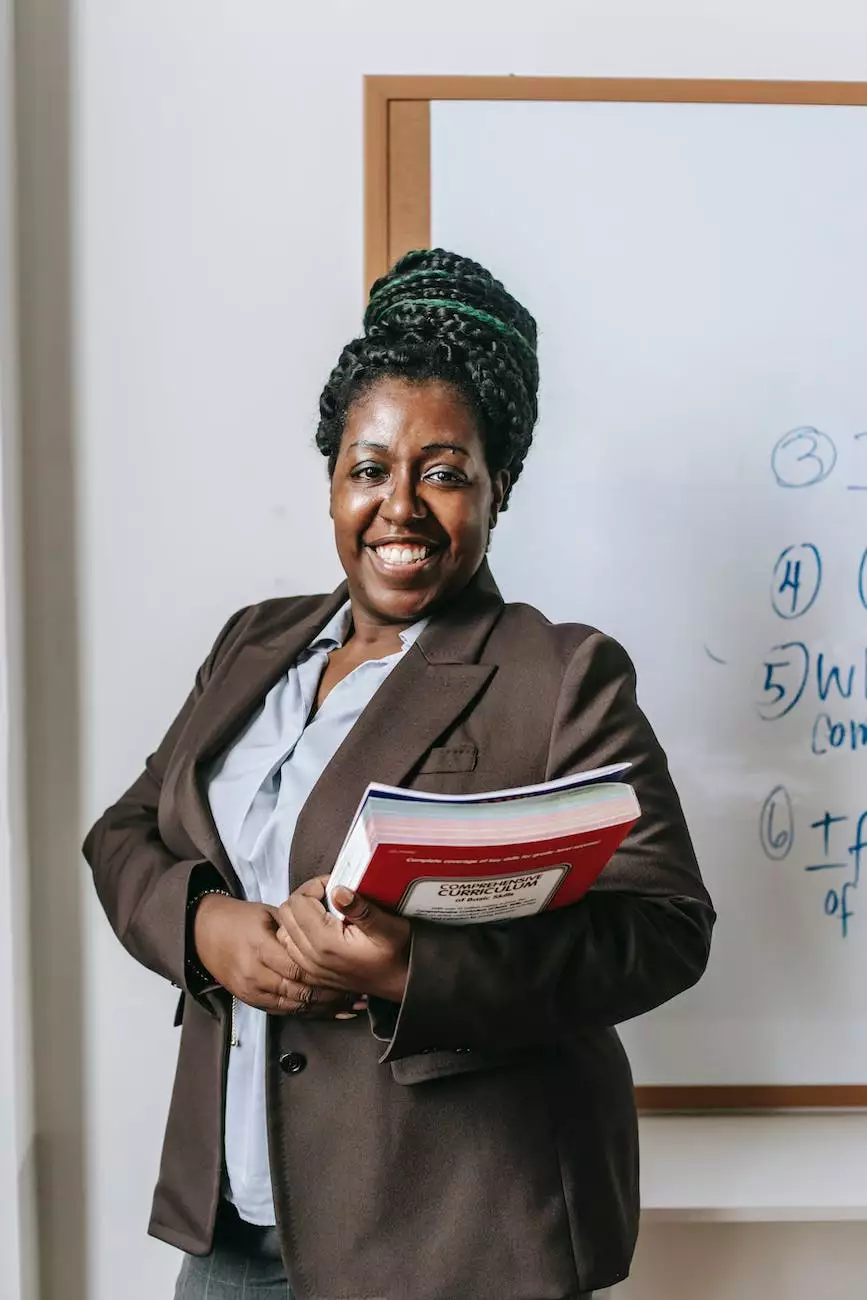Course Content & Organisation IB

Introduction
Welcome to the detailed guide on the course content and organization of the International Baccalaureate (IB) diploma. As an internationally recognized educational program, the IB diploma offers a comprehensive curriculum that prepares students for success in both higher education and beyond.
Curriculum Overview
The IB diploma curriculum is designed to provide students with a well-rounded education that promotes critical thinking, global understanding, and personal development. It covers a wide range of subjects, ensuring students receive a holistic education across various disciplines.
Key Subjects
The IB diploma program offers a selection of subjects from six academic areas:
- Language and Literature
- Language Acquisition
- Individuals and Societies
- Sciences
- Mathematics
- The Arts
Assessments
Assessment plays a crucial role in the IB diploma program and aims to evaluate students' knowledge, skills, and understanding of the subjects they study. The assessments are diverse and include both external and internal components.
Course Content Details
Language and Literature
The Language and Literature subject area focuses on developing students' language proficiency and literary analysis skills. Students explore a range of texts from different genres and cultures, enhancing their understanding of language use and literature's role in society.
Language Acquisition
Language Acquisition courses offer opportunities for students to develop proficiency in an additional language. These courses emphasize language acquisition within cultural contexts, fostering intercultural understanding and effective communication skills.
Individuals and Societies
Individuals and Societies subjects foster students' understanding of human behavior, societies, and environments. Students engage with concepts, theories, and research methods, developing critical thinking and analytical skills to explore social, economic, and political issues.
Sciences
The Sciences subject area covers a broad range of scientific disciplines, including biology, chemistry, physics, environmental systems, and more. Students conduct experiments, analyze data, and develop scientific inquiry and investigative skills.
Mathematics
The Mathematics curriculum aims to develop students' mathematical knowledge, reasoning abilities, and problem-solving skills. It covers various branches of mathematics, such as algebra, calculus, statistics, and mathematical exploration.
The Arts
The Arts courses provide students with opportunities to explore their creativity through various artistic disciplines, including visual arts, theater, dance, and music. Students develop artistic skills, cultural understanding, and an appreciation for the arts.
Evaluations and Assessments
Internal Assessments
Internal assessments are conducted by the students' own teachers and contribute to their final IB diploma scores. These assessments include essays, research projects, oral presentations, and practical performances, allowing students to demonstrate their understanding and skills within each subject.
External Assessments
External assessments are conducted externally by IB examiners and are an essential component of the IB diploma program. These assessments typically include written examinations that assess students' knowledge and understanding of specific subjects in a standardized manner.
Benefits of the IB Diploma Program
The IB diploma program offers numerous benefits to students, as it prepares them for success in higher education and equips them with valuable skills and qualities:
Global Recognition
The IB diploma is recognized and respected worldwide, providing students with enhanced opportunities for admission into renowned universities around the globe.
Critical Thinking Skills
The IB diploma program develops critical thinking skills, encouraging students to analyze, evaluate, and apply knowledge effectively in various contexts.
Broad Knowledge Base
Through the comprehensive curriculum, students gain knowledge across multiple subjects, fostering a well-rounded understanding of diverse disciplines.
Effective Communication
The program emphasizes effective communication skills, both written and oral, enabling students to convey their ideas and arguments articulately.
Preparation for Higher Education
The rigorous nature of the IB diploma program prepares students for the challenges they will encounter in higher education, enhancing their chances of academic success.
Conclusion
In conclusion, the course content and organization of the IB diploma program offer students a comprehensive and enriched educational experience. With its diverse curriculum, rigorous assessments, and numerous benefits, the IB diploma equips students with the necessary skills and knowledge to excel in higher education and beyond.
For further information, please visit our website or contact us directly.




